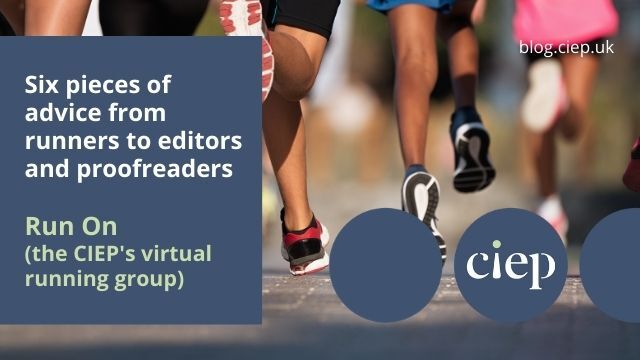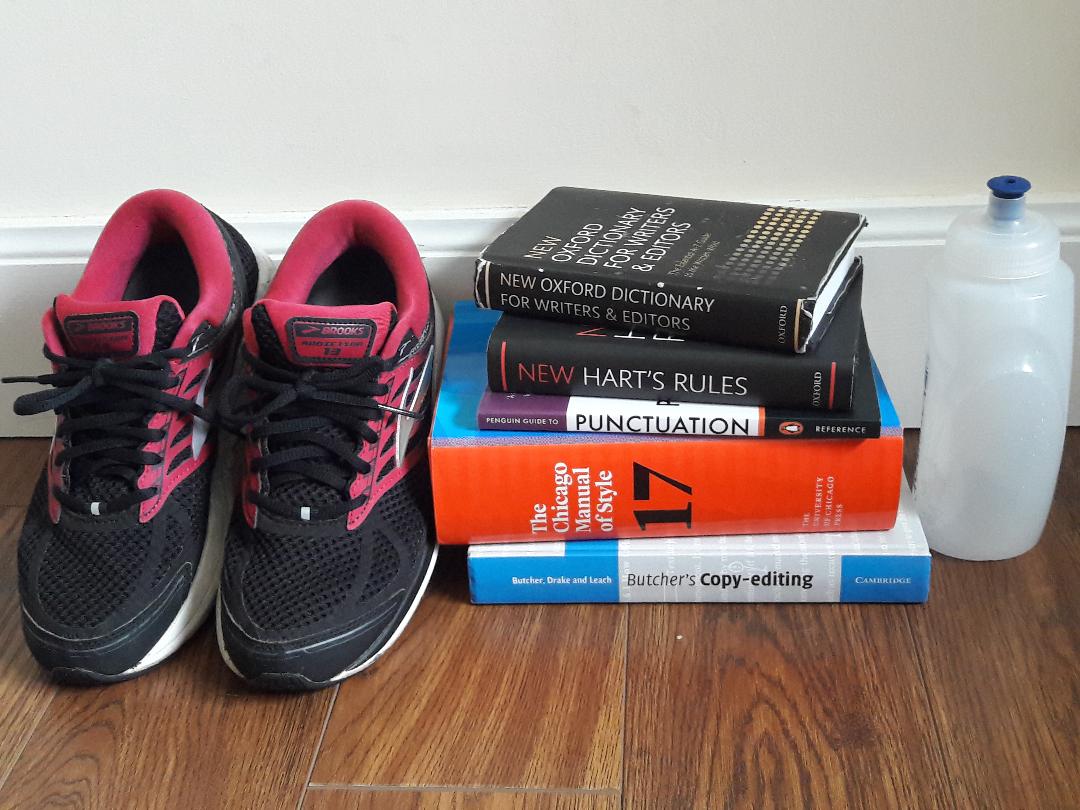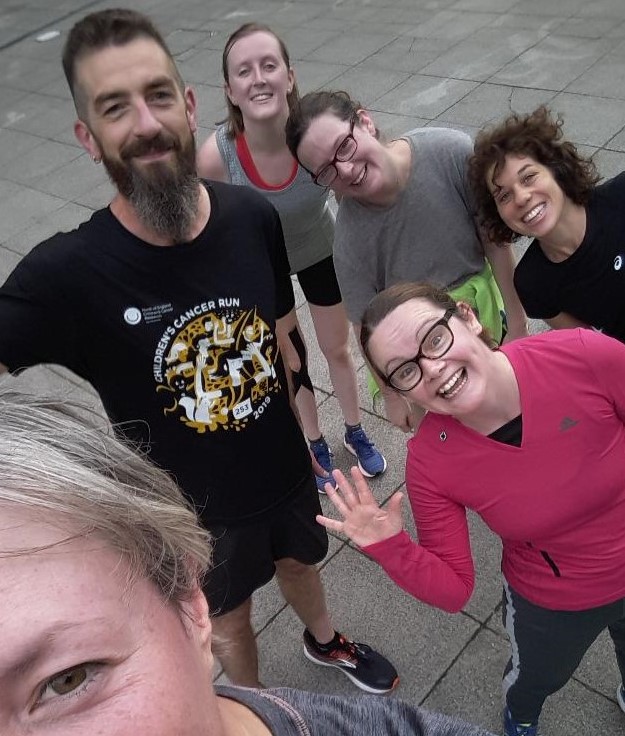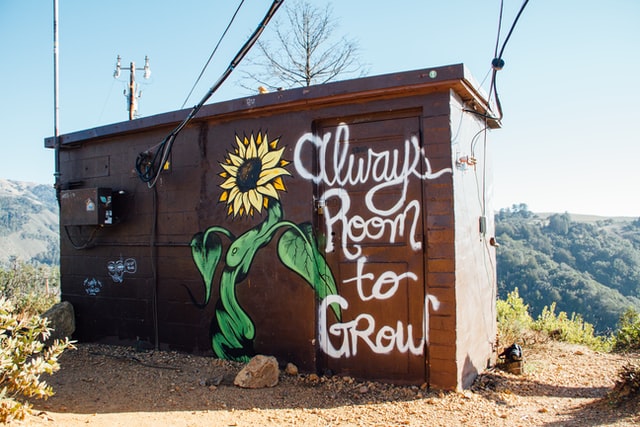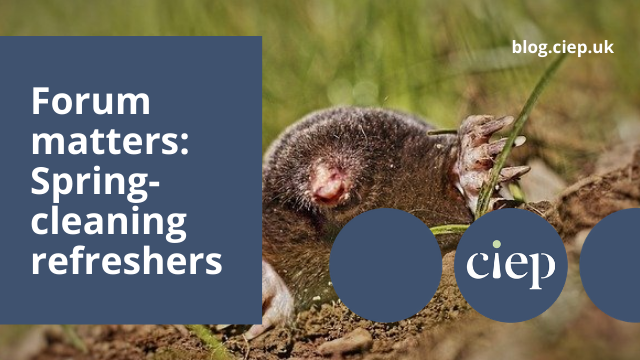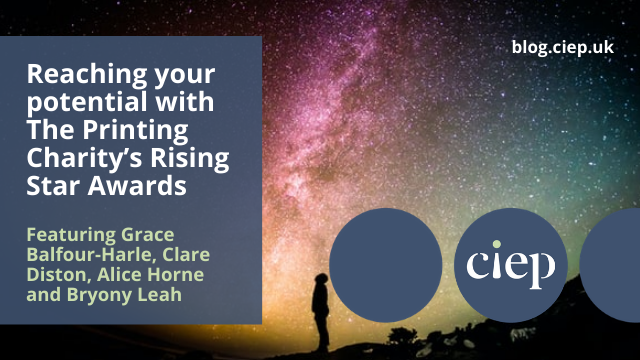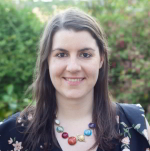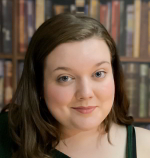As restrictions around how CIEP members, staff and directors can meet face to face at work and at home shift – at different paces in different spaces around the world – the CIEP’s directors want to share some thoughts with you about getting together again, in person and online at the same time.
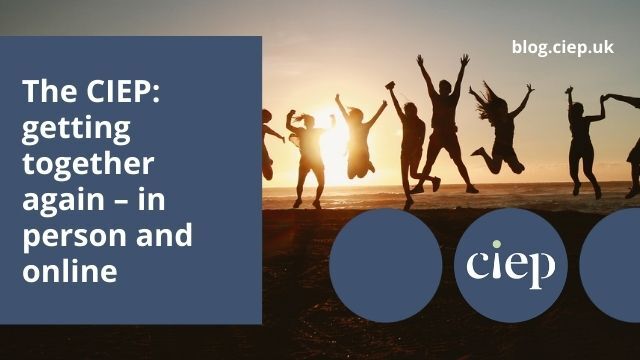 Meeting up: face to face vs online
Meeting up: face to face vs online
Many of our members and editorial friends have reported how much they miss physical interaction with others, and how they’re desperate to experience in-person events once more – the annual conference, local group meetings, on-site training, professional development days.
‘Zoom, Skype, Teams … it’s not the same’, we say. And it’s not. It can be exhausting editing on screen for hours, knowing that effort will be punctuated by yet more online time with family, colleagues and trainers.
And online conversations are not the same as face-to-face ones. A casual butting-in doesn’t interrupt the flow of conversation in a room quite as catastrophically as it can on Zoom.
Yet in-person business meetings have their challenges too.
- Emotional: eg time away from family and friends; managing carer responsibilities
- Physical: eg time spent travelling long distances; managing spaces that don’t adequately serve those with disabilities
- Psychological: eg being out of one’s comfort zone; managing mental health conditions
- Financial: eg the cost of travel and accommodation
- Business: eg more time diverted away from client work
Shifting our former in-person events to online has shown us how we can save time and money, and reduce stress despite the fatigue that comes as part of the online package.
It’s also highlighted what many of us love most about getting together physically – talking shop, hugging, shaking hands, eating and drinking at the same table.
In other words, there’s more than one way, particularly now that we’ve got better at doing digital.
How the editing world learned to do digital better
There was a time in the not-too-distant past when online spoken communication was probably not most editors’ first choice. But many of us embraced it anyway, and the more we did it, the better we got at it.
- We got used to wearing headsets, putting a hand up and waiting our turn.
- We began recording some of our meetings so that people who couldn’t attend could still access the content.
- We created stronger agendas and learned how to stick to them (sometimes!).
- We got ourselves organised and prepared supporting materials in shared spaces ahead of time.
- We experimented with subtitles so that being effective was no longer about ‘audiovisual’. It could be ‘audio or visual or both’.
- We introduced breakout rooms to special events, which helped larger groups function more effectively.
- And we shifted from shop talk to social talk, switched on the funny-hat filters and zany backgrounds, and raised our glasses.
And now that we’re more confident online and understand why digital networking is different but valuable, it’s time to work out how to partner it with face-to-face events rather than abandoning it in favour of a return to the way things were.
Physical and digital communication both have their pros and cons. The question now is how we in the CIEP use the advantages of one to offset the challenges of the other. That means experimenting with synergy.
 What we’ve got planned: synergy rather than side-lining
What we’ve got planned: synergy rather than side-lining
Given that physical and digital meetups each have their pros and cons, and that members’ circumstances, needs and preferences vary, the CIEP is committed to a strategy that involves a synergy of digital and physical solutions rather than a side-lining of one or the other.
So what does this mean in practice? Here’s what we’re going to be testing in 2021 and 2022.
Expanding reach with the CIEP annual conference
Our first-ever online conference in 2020 was a roaring success. We’re equally excited about the 2021 meeting, which will be bigger, better and also online while restrictions continue.
Book your place at #CIEP2021 now
And while many of us are eagerly anticipating the opportunity to share the same physical space with old friends once again, CIEP2020 taught us something important: yes, online learning is different, but it can be productive, convenient and rewarding in its own way.
It is also accessible. And since accessibility is one of our core values, in 2022 we’ll be asking speakers to consider doubling their offering by both presenting on site and livestreaming! We’re looking forward to hosting an in-person event at long last, but even if you can’t make it to the venue, as long as you have access to a computer you can come to a CIEP conference.
And while it was COVID that first forced us to explore a digital conference solution, exploring ways of developing that solution is now key to our strategy, virus or no virus.
A better way of working for the CIEP Council
The CIEP Council is run by a board of directors drawn from its membership. Those who join have a range of skills and experience but one shared desire: to work as part of a team dedicated to promoting and improving editorial standards, skills and community.
In the past this meant directors travelling from various places to attend meetings in London around six times a year. With the COVID restrictions, we’ve had to rethink that. We knew we couldn’t work to our best effect by replicating the all-day meeting model online (Zoom-ing gets tiring!). Instead, we’ve had shorter but more frequent meetings via Zoom, sometimes to focus on one or two particular issues or tasks.
And it’s a keeper. We get stuff done, and quickly, because we collectively decide what most needs our talking together attention. We’re not tired from travelling, and we know each meeting is not going to go on for too long.
Plus of course we continue the day-to-day work of running the Institute via our dedicated Council forum.
But we’ve also recognised that it’s important for us to get together sometimes, especially when we need to tackle the big strategic and policy issues. So, when we’re allowed and it’s safe, we’ll be having two-day in-person strategy meetings once or twice a year to really get down to business.
By embracing a synergy of the digital and physical, we’ve found a good way for us to be more productive.
Making local groups more accessible
We want to make our local groups more accessible too. Imagine a group with 20 members.
- One person’s hearing is impaired.
- Three people have carer responsibilities that mean they can’t leave their homes during daytime hours.
- One has a fear of open spaces that makes leaving their home during any hour, day or night, challenging.
- One temporarily moves to another part of the UK to care for a friend.
- One uses a wheelchair and finds the venue accessible but inconvenient.
Having a mixture of in-person get-togethers and online meetings (with captions enabled) increases the opportunity for every member of the group to participate. That makes the group a richer, more interesting, more diverse space in which to learn, develop our editorial businesses and build friendships.
The importance of testing
Are the digital/physical solutions we’re planning the right ones, the best ones? We honestly don’t know. That’s why it’s important to test them out. Those experiments, and the feedback we receive from our members, will show us the way forward.
There will be hiccups certainly, because there always are when any of us embarks on something new. But these are to be embraced because through them we learn how to do things better the next time around.
Why a holistic approach is the way forward
Approaching our meetups with a holistic mindset – one that seeks to integrate the digital into physical spaces – is nothing but an opportunity.
The easier we make it for CIEP members, staff and directors to get together in ways that respect people’s different needs and preferences, the more voices we bring to the conversation. That expands our community.
The more voices in the conversation, the more we learn. And that expands our understanding.
There’s a lot of work to do, and some of it will involve jumping through some high technical hoops, but we hope you’re as excited about it as we are!
Tell us how we can do better
Do you have ideas about how we might integrate digital tools into in-person events? What would make your life easier? How can we improve things?
Please share your thoughts with us in the comments or by email. We’re listening.
About the CIEP Council
The CIEP Council comprises up to 12 directors, who stay in post for up to two years following their election by the membership.
 About the CIEP
About the CIEP
The Chartered Institute of Editing and Proofreading (CIEP) is a non-profit body promoting excellence in English language editing. We set and demonstrate editorial standards, and we are a community, training hub and support network for editorial professionals – the people who work to make text accurate, clear and fit for purpose.
Find out more about:
Photo credit: hello by Drew Beamer on Unsplash.
Posted by Abi Saffrey, CIEP blog coordinator.
The views expressed here do not necessarily reflect those of the CIEP.



